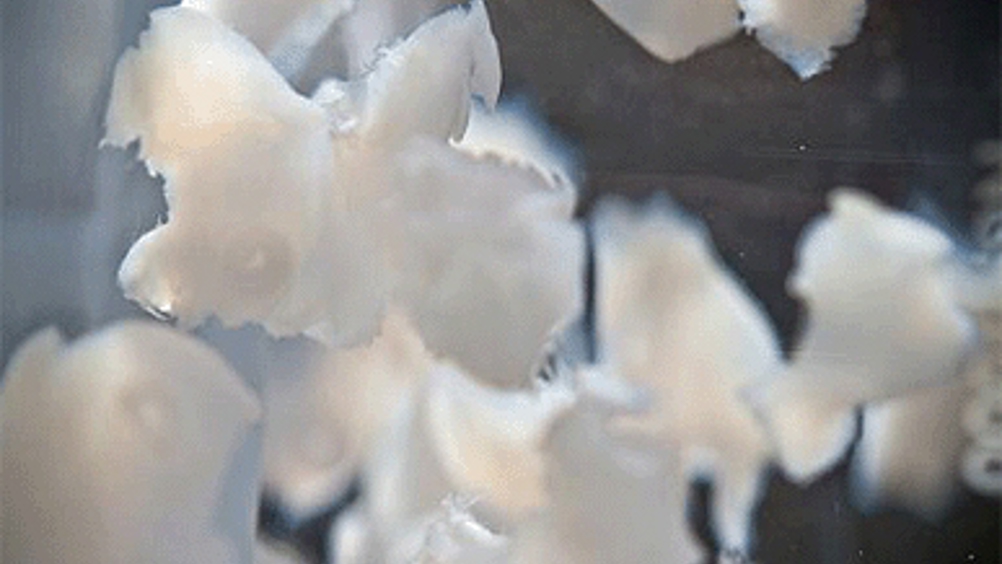Hydrogel repairs damaged cardiac tissue
University of California, San Diego (UCSD) bioengineers have demonstrated in a study in pigs that a new injectable hydrogel can repair damage from heart attacks.

The gel is injected through a catheter without requiring surgery or general anesthesia.
The results of the study were published in Science Translational Medicine and clear the way for clinical trials to begin this year in Europe.
According to UCSD, there are an estimated 785,000 new heart attack cases in the United States each year, with no established treatment for repairing the resulting damage to cardiac tissue.
Lead researcher Karen Christman, a professor in the Department of Bioengineering at the UC San Diego Jacobs School of Engineering, said the gel forms a scaffold in damaged areas of the heart, encouraging new cell growth and repair.
Because the gel is made from heart tissue taken from pigs, the damaged heart responds positively, creating a harmonious environment for rebuilding, rather than setting off a chain of adverse immune system defenses.
‘While more people today are initially surviving heart attacks, many will eventually go into heart failure,’ said Christman in a statement. ‘Our data show that this hydrogel can increase cardiac muscle and reduce scar tissue in the region damaged by the heart attack, which prevents heart failure. These results suggest this may be a novel minimally invasive therapy to prevent heart failure after a heart attack in humans.’
Register now to continue reading
Thanks for visiting The Engineer. You’ve now reached your monthly limit of news stories. Register for free to unlock unlimited access to all of our news coverage, as well as premium content including opinion, in-depth features and special reports.
Benefits of registering
-
In-depth insights and coverage of key emerging trends
-
Unrestricted access to special reports throughout the year
-
Daily technology news delivered straight to your inbox










Water Sector Talent Exodus Could Cripple The Sector
Well let´s do a little experiment. My last (10.4.25) half-yearly water/waste water bill from Severn Trent was £98.29. How much does not-for-profit Dŵr...